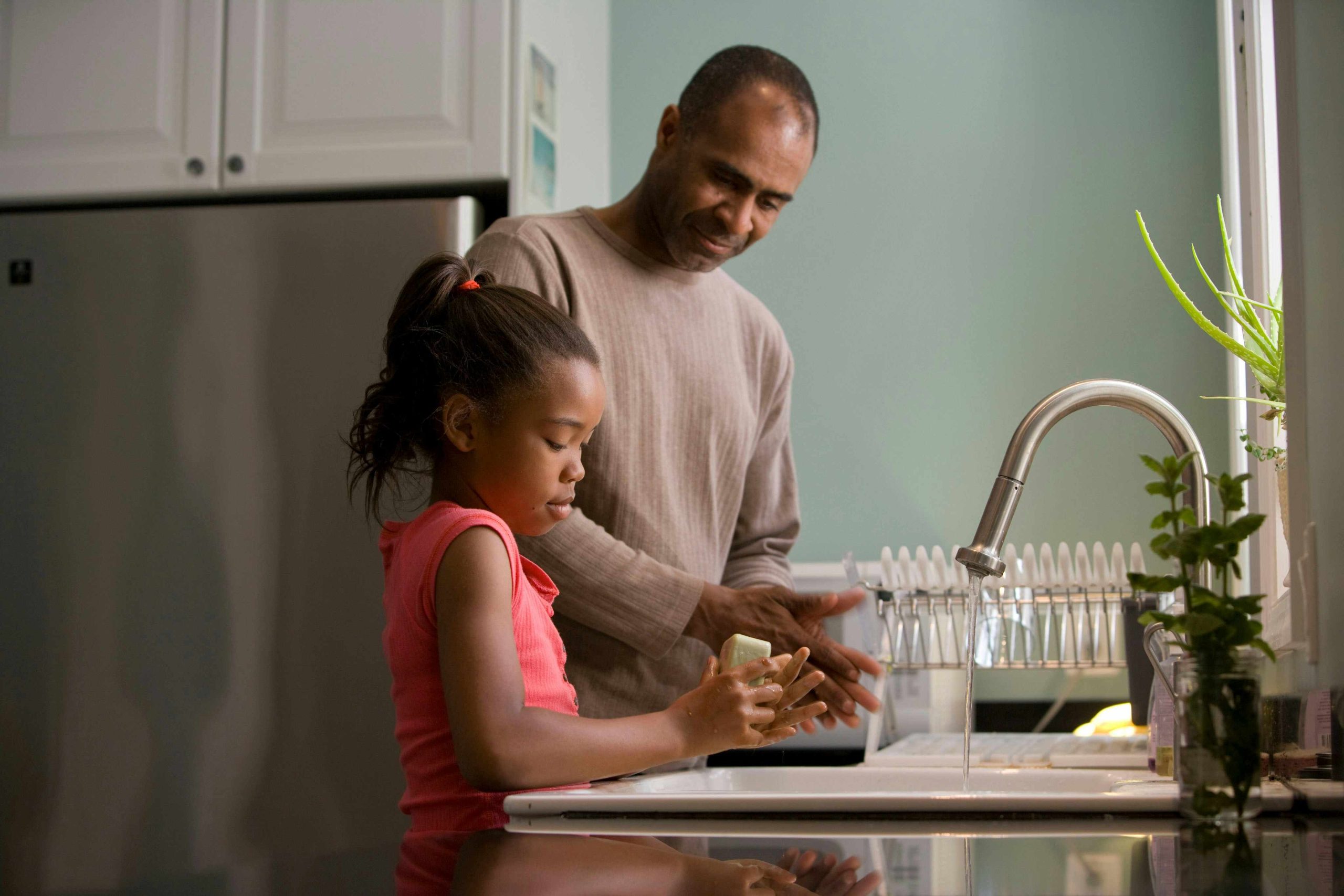
Developmentally Appropriate Materials for Preschoolers: Self-Help Skills
As educators, ensuring that the materials we utilize in teaching preschoolers are developmentally appropriate is paramount. The resources we incorporate can significantly impact a child’s capacity to grow independently and reliably concerning self-help skills. In this article, we will discuss self-help skills and explore some of the most effective developmentally appropriate materials for teaching them.Understanding Self-Help Skills
Self-help skills enable preschoolers to become independent and self-sufficient. These skills encompass activities such as dressing themselves, using the toilet, brushing their teeth, and feeding themselves. These abilities are pivotal for preschoolers’ overall growth and development as they foster self-confidence in their capabilities.Developmentally Appropriate Materials for Teaching Dressing Skills
Dressing is a crucial self-help skill that preschoolers need to acquire. To teach dressing skills effectively, it is essential to utilize developmentally appropriate materials that facilitate practice and mastery of this skill. Some suitable materials include:- Dressing Frames Frames equipped with buttons, zippers, laces, and other fastenings that allow preschoolers to practice using these items.
- Dress-up Clothes Attire that enables preschoolers to practice putting on and taking off different garments.
- Puzzles with Pictures of Clothing Puzzles aiding preschoolers in identifying various clothing items and learning how to don them in the correct order.
Developmentally Appropriate Materials for Teaching Toileting Skills
Toileting is another vital self-help skill for preschoolers. Teaching toileting skills effectively requires the use of developmentally appropriate materials that facilitate practice and mastery. Some appropriate materials include:- Potty Chairs Chairs designed to suit preschoolers’ size, enabling them to practice using the toilet independently.
- Books about Toileting Books that educate preschoolers on the importance of using the toilet and how to do it.
- Visual Aids Visual aids like pictures or diagrams demonstrating to preschoolers how to use the toilet, wipe themselves, and wash their hands.
Developmentally Appropriate Materials for Teaching Tooth Brushing Skills
Tooth brushing is another crucial self-help skill for preschoolers. Teaching tooth brushing skills effectively necessitates the use of developmentally appropriate materials that facilitate practice and mastery. Some suitable materials include:- Toothbrushes Selection of toothbrushes tailored to preschoolers’ mouth size and shape, with soft bristles.
- Toothpaste Toothpaste specifically formulated for toddlers, free from fluoride.
- Visual Aids Visual aids such as pictures or diagrams illustrating correct tooth brushing techniques and duration.
Developmentally Appropriate Materials for Teaching Feeding Skills
Feeding is a vital self-help skill for preschoolers. Teaching feeding skills effectively requires the use of developmentally appropriate materials that facilitate practice and mastery. Some suitable materials include:- Child-Sized Utensils Utensils tailored to preschoolers’ hand and mouth size.
- Non-Spill Cups Cups designed to prevent spills, aiding preschoolers in learning to drink without making a mess.
- Plates and Bowls with Sections Aiding preschoolers in learning to portion and organize their food.
The Importance of Using Developmentally Appropriate Materials
Utilizing developmentally appropriate materials is crucial in teaching preschoolers self-help skills. These materials provide a secure and supportive environment for preschoolers to practice and master these skills at their own pace, fostering confidence and independence crucial for their overall growth and development.The Role of Educators in Teaching Self-Help Skills
Educators play a pivotal role in teaching self-help skills to preschoolers. It is their responsibility to provide a safe and supportive environment for preschoolers to practice and master these skills, selecting materials suitable for the child’s age, size, and abilities. Educators should also demonstrate patience and understanding, offering positive reinforcement and support throughout the learning process.The Benefits of Teaching Self-Help Skills
Teaching self-help skills to preschoolers offers numerous benefits. These skills promote independence and self-reliance, crucial for preschoolers’ overall growth and development. Mastery of these skills instills confidence in preschoolers, aiding them in various aspects of their lives and better preparing them for the transition to primary school, where independent task performance is essential for academic and social success.

